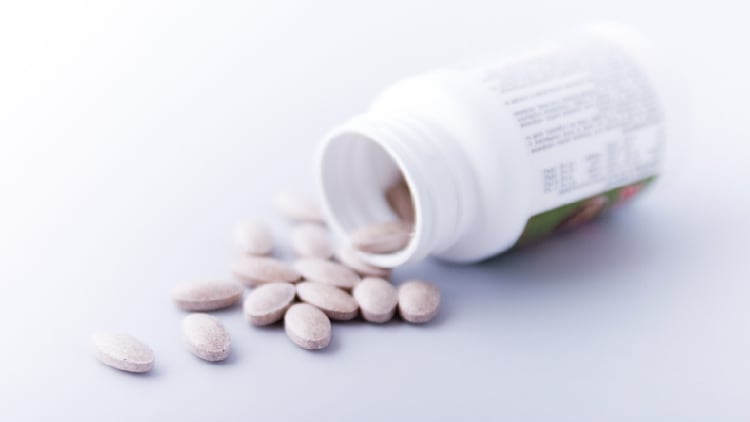In its recently published “Annual Performance Statistics Report 2019 – 2020”, one of the key highlights was findings related to complementary medicines entered into the Australia Register of Therapeutic Goods (ARTG).
There were 2,008 new listed medicines entered into the ARTG between July last year and June this year. This figure is slightly higher than that of the prior year, which stood at 1,893.
A post-market review was conducted on 195 of the listed medicines, of which the compliance status of 82% were determined. From here, 74% of them were found to have breached compliance requirements.
The remaining 18% were either cancelled by the sponsors after the TGA requested for further information or were not yet manufactured.
Most of the compliance breaches had to do with labelling problems (30%), followed by advertising (19%), unacceptable presentation (16%), and incorrect information provided in its ARTG entry (14%).
Unacceptable presentation refers to cases where the product name, labelling, packing, and advertising suggest that the product contains ingredients or characteristics that it does not have.
On the other hand, the lack of evidence to support health claims made up 9% of the compliance breaches.
Most of the compliance breaches were found when the TGA was conducting random reviews. Nine in 10 of the products examined during a random review were found to have breached compliance requirements.
The TGA also conducts targeted reviews on products with potential high risk compliance issues. However, the findings showed that the rate of compliance breaches found in targeted reviews was lower at 70%.
Responses
Most of the listed medicines that had a breach in compliance had proposed to cancel the notice or warning sent by the TGA.
Seventy-four percent of the 160 products with compliance breaches have opted to do so.
Following which, 38% of these listed medicines were no longer on the ARTG, because they were cancelled by the TGA or the sponsors after being notified of the breaches.
The majority (60%) remained on the ARTG, as the compliance breaches were addressed.
Newly approved
On the other hand, nine new listed medicine ingredients were given the green light following an application for evaluation.
The ingredients are chondroitin sulphate sodium, hydrogenated polydextrose, palmidrol, bacillus coagulans, nicotinamide riboside chloride, citrulline, stearyl behenate, bittern, and bis-stearyl dimeticone, a spokesman from TGA told us.
The regulator also approved the applications for three new permitted indications, namely 1) maintains/supports refreshing sleep, 2) hepatoprotectant/protect the liver, and 3) helps decrease/reduce the occurrence of sore throat.
Registered CM
Nine new registered complementary medicines were approved by the TGA and entered into the ARTG. In the year before, only five were approved.
Registered complementary medicines are considered to be of a relatively higher risk than listed complementary medicines due to the ingredients used or the claims made.
Examples of such products include Elevit Film Coated Tablet, a product by Bayer Australia for preventing and treating dietary iron, folate, and vitamin deficiency during pregnancy and lactation.
On the other hand, six registered complementary medicines were withdrawn from the ARTG.





